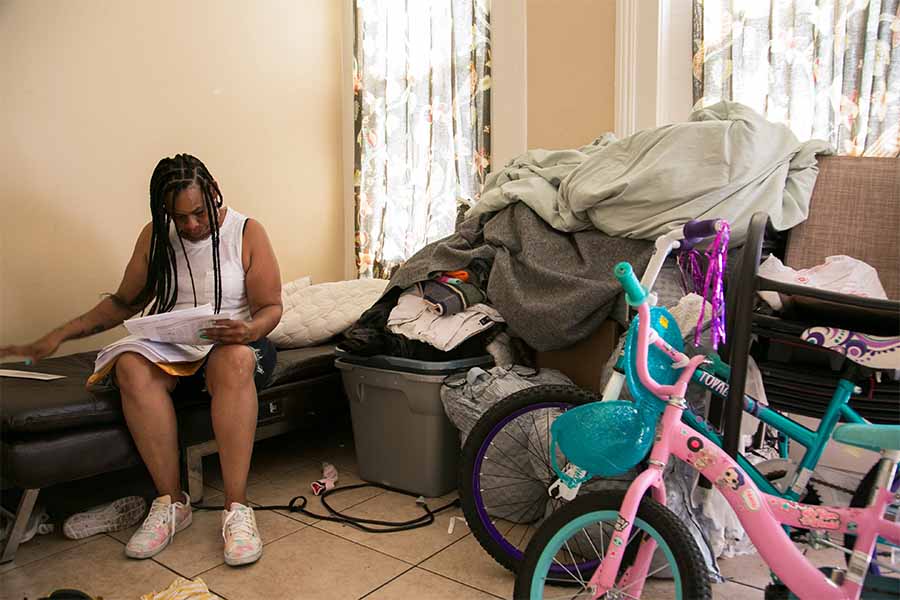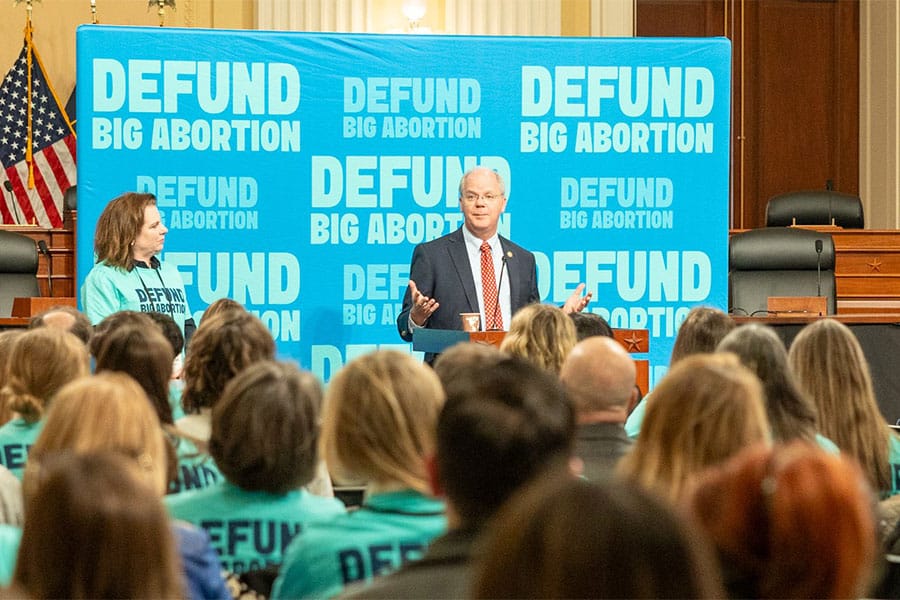WASHINGTON (OSV News) — The 2023 Farm Bill should prioritize food security measures both in the United States and abroad, Catholic activists said.
Originally part of President Franklin D. Roosevelt’s New Deal, the first farm bill granted economic relief to farmers during the Great Depression, sought to set fair food prices for both farmers and consumers, maintain an adequate food supply and protect natural resources. Nearly a century later, the measure has grown to become a package of legislation, passed about once every five years since the 1930s, to fund and set policy for nutritional, agricultural and forestry initiatives.
The previous 2018 Farm Bill is set to expire this year. At a Sept. 21 virtual panel hosted by Catholic Rural Life, speakers argued lawmakers should prioritize the legislation and its nutritional and environmental components.
Ricardo Simmonds, environmental policy adviser at the U.S. Conference of Catholic Bishops, said, “It’s obvious (the) importance that farmers have, even small farms, in protecting the environment and also improving their communities. So this is really important legislation.”

Lawmakers have indicated the nation’s largest farm spending package will likely be considered for renewal in December, three months after the previously passed farm bill expires Sept. 30, the same deadline for lawmakers to pass spending legislation in order to avert a government shutdown.
Sen. Debbie Stabenow, D-Mich., chair of the Senate Agriculture Committee and the top Senate negotiator of the legislation, said at a Sept. 19 event hosted by the Bipartisan Policy Center that getting enough support to pass the farm bill would require compromise from both Republicans and Democrats; she hoped to pass the bill by the end of the calendar year.
“I’m aiming towards December,” Stabenow said. “It really is a question of resources and being able to put together the bipartisan votes.”
Senate Minority Leader Mitch McConnell, R-Ky., a member of that committee, also suggested earlier this year that the bill would likely be passed toward the end of the year.
In an April 24 letter to congressional lawmakers, signatories including Archbishop Borys Gudziak of the Ukrainian Catholic Archeparchy of Philadelphia, chairman of the U.S. Conference of Catholic Bishops’ Committee on Domestic Justice and Human Development, and Bishop David J. Malloy of Rockford, Ill., chairman of the USCCB’s Committee on International Justice and Peace, as well as representatives of other Catholic advocacy groups, wrote that “the cost of food has increased significantly due to inflation.”
“This puts particular stress on the poorest families to get enough to eat and be healthy,” the letter stated. “In this environment, nutrition programs that support the basic right to food should be strengthened, not weakened.”
The letter urged lawmakers to “prioritize sufficient funding of programs that feed hungry families, both here and abroad, while opposing efforts to weaken the efficacy of or access to these programs.”
“We ask you to provide a safety net for farmers and continue a reasonable amount of support for our commodity and dairy farmers, prioritizing vulnerable farmers and small and moderate-sized family farms,” the letter said. “We urge you to help rural communities by encouraging rural development and promoting the culture and well-being of rural America. We also recommend that you promote sustainable stewardship of the land.”
Panelists at the Catholic Rural Life event also discussed the ongoing impact of Russia’s full-scale invasion of Ukraine on American consumers.
Lochiel Edwards, a Catholic third-generation wheat farmer near Big Sandy, Mont., said the invasion of Ukraine, known as the “breadbasket of Europe,” drives up grain prices across the world amid grain losses.
“It’s still an unknown what the actual production loss is there,” Edwards said, calling Russia’s invasion “horrible.”
Additionally, he said, “This affects our markets heavily, but it also affects the availability of food because when you affect the market, you affect the price; and that affects the affordability of, you know, the poor countries to access that food.”
“So this needs to get resolved,” he said.
Read More U.S. Congress
Copyright © 2023 OSV News








